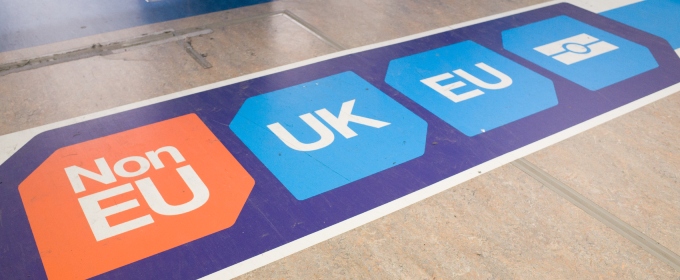Many have argued that the transport, pharmaceuticals, clothing and fishing industries will be hit hardest by Brexit. But what does it mean for the arts sector? In this blog, Dr Charlotte Faucher, British Academy Post-doctoral Fellow in History, discusses a research project on how Brexit has and will affect the arts and cultural sector, and […]









